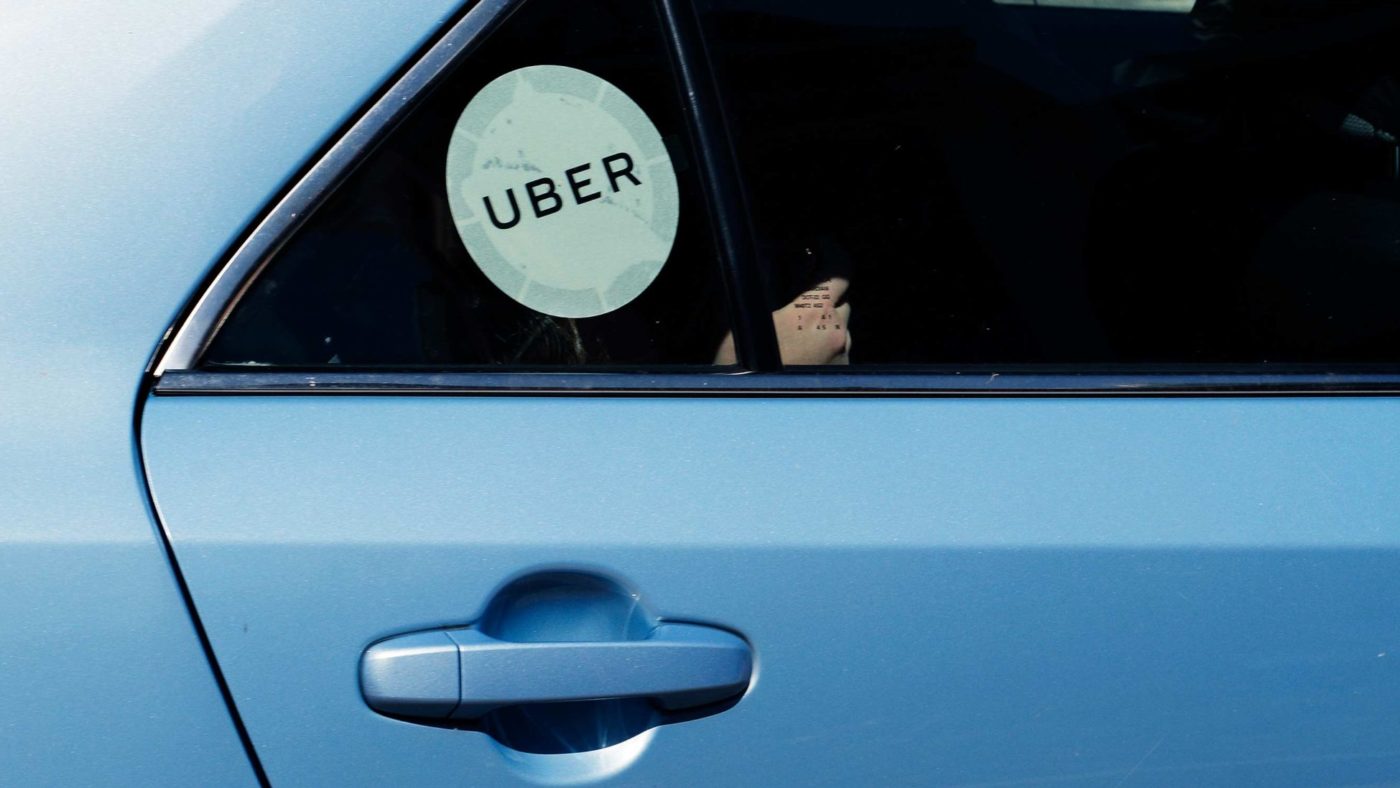On Friday, Uber will aim to raise as much as $9 billion on the New York Stock Exchange in an IPO that could give the ride-hailing company a market valuation of nearly $90 billion. What is expected to be the biggest US IPO of the year so far has also become a flashpoint in the debate about big tech and 21st-century capitalism.
This morning, for example, Jeremy Corbyn tweeted his support for the #Ubershutdown protest: “Uber cannot be allowed to get away with huge payouts for their CEOs while refusing to pay drivers a decent wage and respect their rights at work. Stand with these workers on strike today, across the UK and the world, asking you not to use Uber between 7am and 4pm.”
But Uber’s imminent flotation is a reminder the essential generosity of the capitalist system. Private capital takes risks. If they don’t pay off, the rest of us pay no price. If they do, we enjoy a share of the rewards in the form of a new good or service, lower prices or innovation.
Maybe Uber will prove to be hugely profitable. Maybe it won’t. In the meantime, those of us who want to can choose to take cheap taxi rides.
The contrast to this picture is a planned economic system. A planned system insists that only things that work shall gain funding. Any uncertainty is removed from the equation and so is the charitable element of capitalism’s suck it and see nature.
The reason the market works is that any new venture faces uncertainty about its prospects for success. What it is technologically possible to do is an ever-changing question, while what people desire to do changes as fashions and trends and so we require a system that sorts through this and matches what can be done with what is desired. Allowing people to expend resources on trying stuff out is the most efficient manner of doing this.
Uber has certainly consumed some of those resources. They’ve had $8 billion of other people’s money so far, something which doesn’t indicate a lack of business investment. Actually, this is proof that those worrying about corporations paying out too much in dividends and buybacks are wrong. If profits from past successes had to remain inside those corporate boundaries (as some insist) to be reinvested, then there would never be any new game-changing investments, would there? The list of extant companies that have reinvented themselves is remarkably short, perhaps Apple is the only example in modern times.
The system works if we take money out of companies making a profit and put it into those that might make one. That’s the way new things are invented, driving everyone forwards. Over and above this, we have evidence from the actual economy. It is new companies which drive not just technological adoption and deployment, but also jobs and economic growth.
Uber is not, therefore, an example of the excesses of anything, but simply a product of our desire for the system to work. New technological opportunities arise and new capital is available to exploit them but really, Uber is just another method of hailing a cab. In this process, privileges of the incumbent guilds are destroyed. Taxi medallion prices have slumped as rentiers lose out, but the number of overall rides taken has risen. Furthermore, the overall system becomes more efficient as Uber cars spend less time cruising empty looking for customers and more time actually carrying passengers.
It is indeed possible to cast all this as basic greed urging people to take risks for future profit. I’d be happy to describe it like that too but look at the outcome: greater efficiency and more consumer utility, all driven by the greed driving people to take a risk for future profit. Given that greed is an immutable part of human nature, I tend to think that’s a great system.
There is one more thing to note here. Billions have been spent, so who has gained it? Clearly, it’s us, the consumers. Money doesn’t get destroyed, just moved around. If it’s been flowing out of the pockets of capitalists, that value must have ended up somewhere. The provision of rides by Uber has cost $8 billion more than we’ve been paying for them – in other words, Uber customers have had their rides subsidised by the company’s investors.
See what I mean about free markets being a really rather generous system? For this is true of all new products. They lose money, at least at first, and then those losses subsidise our consumption. All of this before we get to how anyone makes a profit by providing something that we want at a price better than anyone else can provide it for.
CapX depends on the generosity of its readers. If you value what we do, please consider making a donation.


